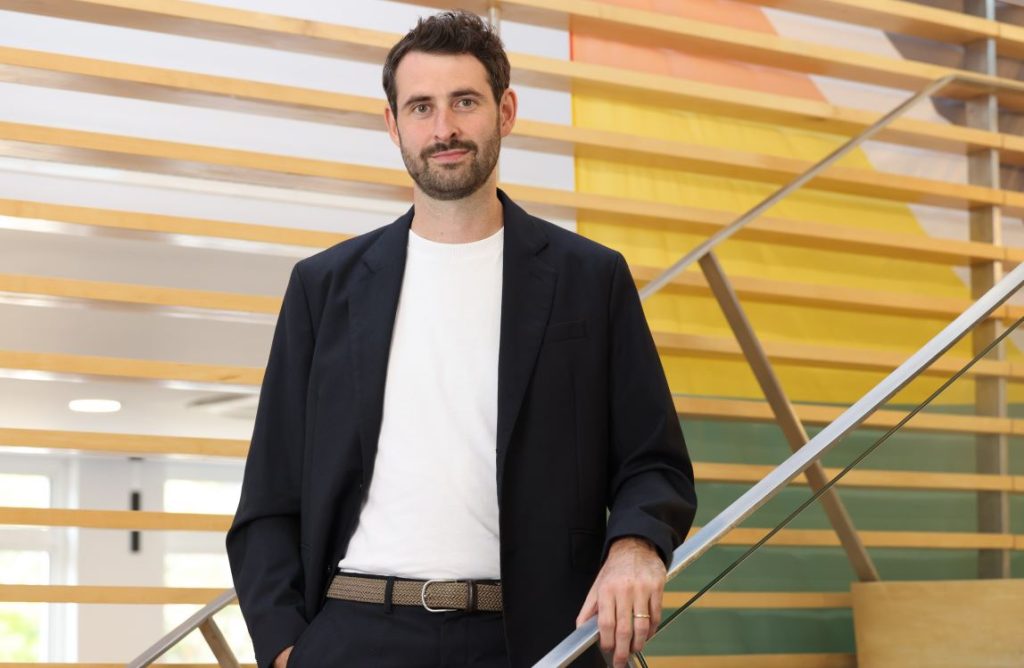The UK has unveiled five new quantum research hubs with over £100 million in government funding – to be located in Oxford, London, Birmingham, Glasgow and Edinburgh. The aim is to drive breakthroughs in healthcare, cybersecurity, clean energy and transport through the practical application of quantum technologies.
These centres will unite researchers and businesses to leverage scientific expertise and commercial acumen. The UK Quantum Biomedical Sensing Research Hub, led by University College London and the University of Cambridge, will investigate quantum sensors for ultra-sensitive disease diagnosis, including rapid blood tests and biomedical scanners to facilitate early diagnosis and treatment of diseases such as cancer and Alzheimer’s.
The Hub for Quantum Computing via Integrated and Interconnected Implementations at the University of Oxford will advance technologies for building quantum computers, enhancing UK capabilities in both hardware and software, with applications across various industry sectors.
Launched by Science Secretary Peter Kyle, he said: “We want to see a future where cutting-edge science improves everyday lives. That is the vision behind our investment in these new quantum technology hubs, by supporting the deployment of technology that will mean faster diagnoses for diseases, critical infrastructure safe from hostile threats and cleaner energy for us all.
“This isn’t just about research; it’s about putting that research to work. These hubs will bridge the gap between brilliant ideas and practical solutions. They will not only transform sectors like healthcare and security, but also create a culture of accelerated innovation that helps to grow our economy.”
Birmingham’s UK Quantum Technology Hub in Sensing, Imaging and Timing, will focus on developing quantum sensing technologies for practical applications, such as brain scanners for dementia, cancer diagnostics, and advanced security and infrastructure monitoring.
The Integrated Quantum Networks Quantum Technology Hub at Heriot-Watt University in Edinburgh aims to develop technologies for a future UK-wide ‘quantum internet’, promising robust cybersecurity and powerful distributed quantum computing, while the UK Hub for Quantum Enabled Position, Navigation and Timing, led by the University of Glasgow, will create quantum-based positioning and navigation systems for critical infrastructure, autonomous vehicles, and improved indoor and underwater navigation.
These hubs will be supported by the UKRI Engineering and Physical Sciences Research Council (EPSRC), with a £106 million investment from EPSRC, the UKRI Biotechnology and Biological Research Council, the UKRI Medical Research Council, and the National Institute for Health and Care Research.










